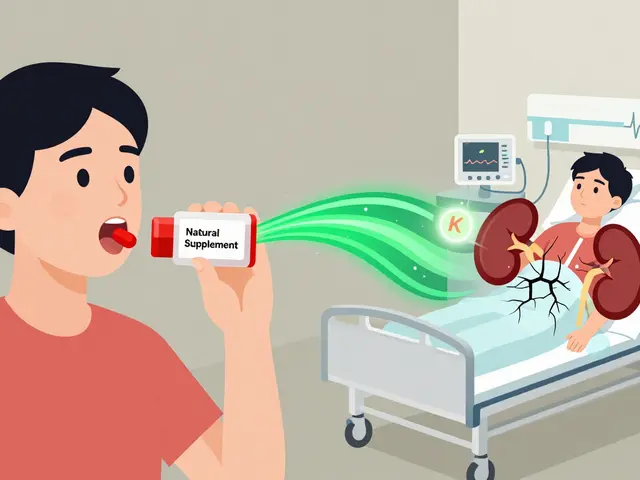Treatment duration: how long should you take a medicine?
Knowing how long to keep taking a drug can feel confusing. Some medicines are a one-time course, others you take for weeks, and a few you might be on for years. This guide helps you understand the main factors that decide treatment duration and gives simple steps to manage your medicines safely.
How doctors decide treatment length
Doctors base duration on the condition, the drug type, and how well you respond. For example, many antibiotics run 5–14 days depending on the infection. Antidepressants and some ADHD meds need several weeks before you notice benefits, so treatment often lasts months. Hormone-related drugs or chronic-condition meds, like blood pressure or cholesterol treatments, are commonly long-term.
Other factors are your age, kidney and liver function, other medicines you take, and any side effects you report. Some drugs build up in the body (like amiodarone) and need careful long-term monitoring. Others, such as steroids, can cause harm if used too long, so doctors prefer short bursts when possible.
Practical steps to manage how long you take treatment
1) Ask a clear question: "How long should I take this and why?" Get a specific stop date or check-in plan. If the doctor says "as needed" ask how to decide when to stop.
2) Read the leaflet and pharmacy notes. They list typical duration, warnings, and what to watch for. If instructions differ between sources, ask your prescriber to clarify.
3) Watch for side effects and benefits. Keep a short daily note: symptoms improved, new symptoms, or no change. Share that at follow-up — it helps your clinician decide whether to continue, change dose, or stop.
4) Don’t stop abruptly unless told to. Some drugs require tapering (benzodiazepines, some antidepressants, steroids). Stopping suddenly can cause withdrawal or relapse.
5) Plan regular reviews for long-term meds. If you’re on something like spironolactone, nitrates, or a strong heart medication, schedule periodic tests and checks. Long treatments often need blood tests, ECGs, or liver checks.
6) Be honest about adherence. If you miss doses often, the treatment may seem ineffective. Your doctor can change the plan if daily dosing is hard to follow.
If you’re unsure, ask for a written plan: start date, expected duration, follow-up date, and clear stop signs. That short note reduces mistakes and helps you feel in control. When in doubt, contact your prescriber or pharmacist — they can confirm whether you should keep going, taper, or stop safely.

How Long Should You Take Alendronate? Unpacking Treatment Duration
Wondering how long you should be taking alendronate to effectively manage osteoporosis? This article delves into the optimal duration for alendronate treatment, considering personal health factors and balancing benefits against risks. Learn about what doctors suggest and understand the importance of regular check-ups. Plus, discover tips for discussing treatment plans with your healthcare provider.
View More




